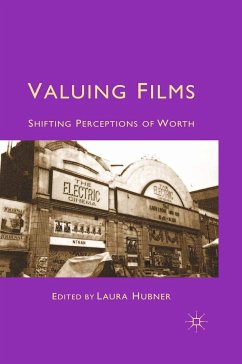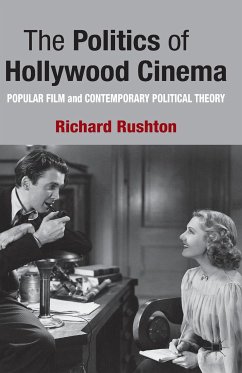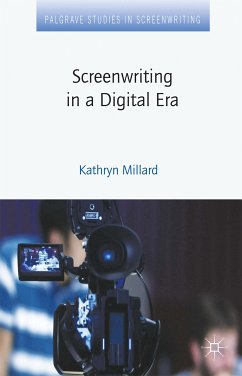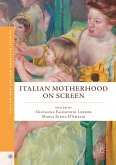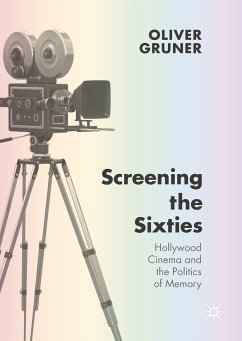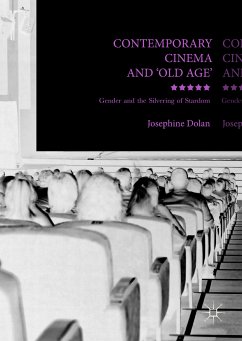Dieser Download kann aus rechtlichen Gründen nur mit Rechnungsadresse in A, B, BG, CY, CZ, D, DK, EW, E, FIN, F, GR, HR, H, IRL, I, LT, L, LR, M, NL, PL, P, R, S, SLO, SK ausgeliefert werden.
- Tony Williams, Southern Illinois University Carbondale, USA
'Film studies has been slow to acknowledge how central debates about value must be to its concerns. This welcome collection opens up a wide range of value debates, many of which were foreclosed by cinema's need to achieve respectability as an art. Ranging from classic vs modern Hollywood, and European art cinema's problematic status, to the newer frontiers of Japanese anime, Mexican popular cinema and Nigeria's Nollywood, the authors displayan encouraging appetite for new sources of data, new audience attitudes, and the self-evident fact that value motivates much of our media behaviour.'
- Ian Christie, Birkbeck College, University of London, UK

